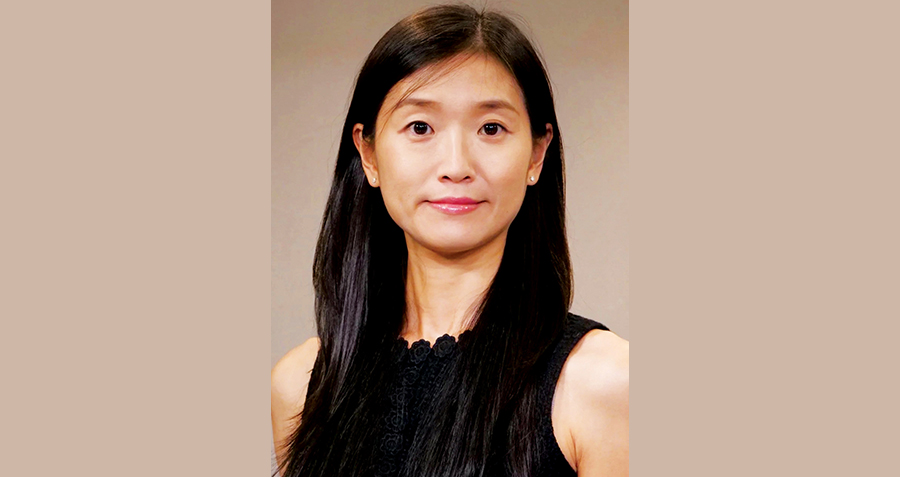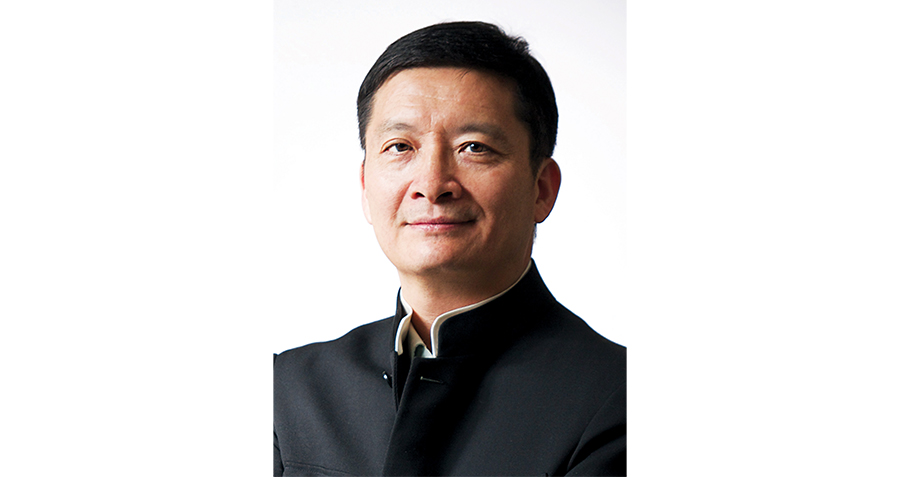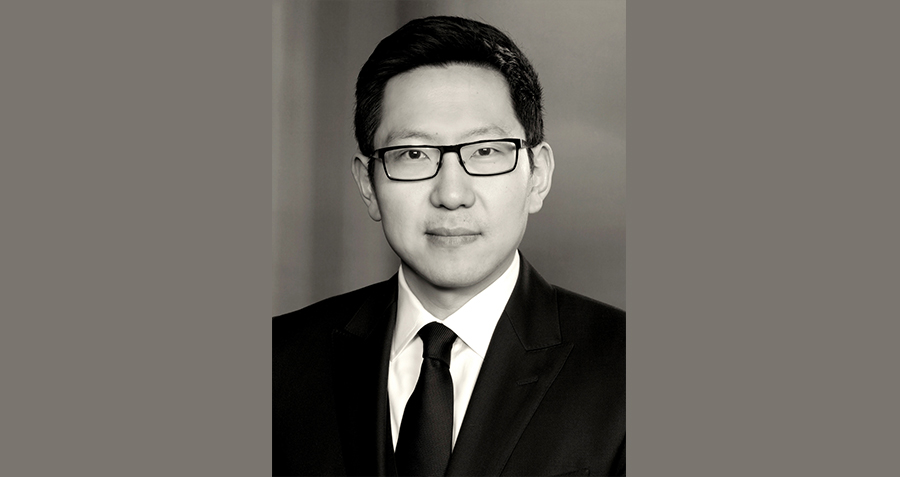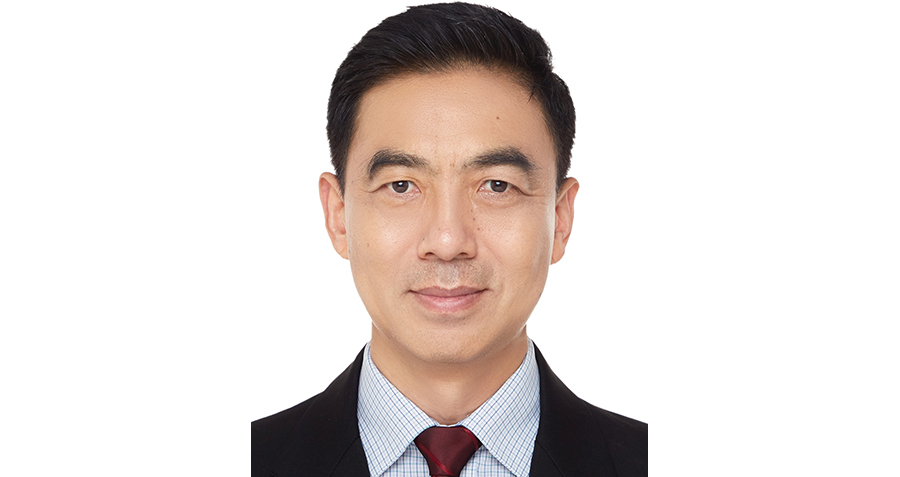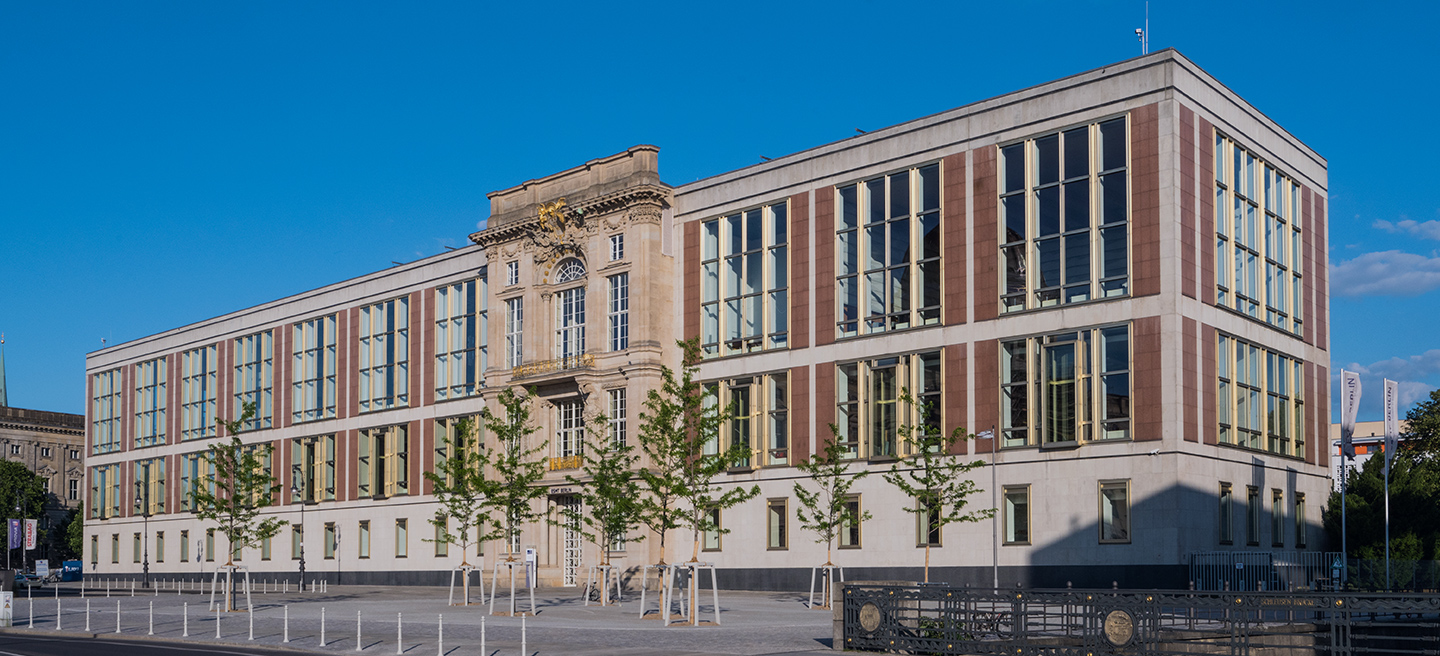Daniel A. Bell is Dean of the School of Political Science and Public Administration at Shandong University. He was born in Montreal, educated at McGill and Oxford, has taught in Singapore, Hong Kong and Shanghai, and has held research fellowships at Princeton University’s Center for Human Values, Stanford’s Center for Advanced Study in the Behavioral Sciences and Hebrew University’s Department of Political Science.
His latest book, co-authored with Wang Pei, Just Hierarchy: Why Social Hierarchies Matter in China and the Rest of the World (Princeton, 2020), examines how hierarchical social relationships can have a useful purpose, not only in personal domains but also in larger political realms. He is the author of numerous other books including The China Model: Political Meritocracy and the Limits of Democracy, China’s New Confucianism: Politics and Everyday Life in a Changing Society, and Beyond Liberal Democracy: Political Thinking for an East Asian Context, all published by Princeton University Press. He writes widely on Chinese politics and philosophy for the media including The New York Times, Financial Times and the South China Morning Post. His articles and books have been translated into Chinese and twenty-two other languages. In 2018, he was awarded the Huilin Prize and was honored as a “Cultural Leader” by the World Economic Forum. In 2019 he was awarded the Special Book Award of China.
In this interview, Bell explores the benefits of meritocracy in a political system and the various forms of hierarchies that exist in China today.
Meritocracy is a key part of the argument in your new book, Just Hierarchy: Why Social Hierarchies Matter in China and the Rest of the World. To what extent is there inevitably going to be internal politics, personal vendettas, factions, groupings and corruption in such a system? How does a system such as China’s effectively offset these kinds of issues?
Our book mainly focuses on China, but we argue that there are different forms of social hierarchies present in the modern world. One of them is the hierarchy between rulers and citizens. We argue that the most desirable form of hierarchy is one where the rulers serve the citizens and where there is trust between the citizens and the rulers. More concretely, in the Chinese case, there is a system we call political meritocracy, where the public officials are selected and promoted based on superior ability and virtue. Also, there are a lot of democratic ideals and practices, such as consultative democracy.
We think that is the ideal. But there’s a huge gap between the ideal and reality, and we propose ways of reducing or minimizing that gap. Corruption is of course a huge issue in China, and rulers should focus on minimizing that gap. Corruption really undermines the whole legitimacy of a system which is supposed to be founded on the ideal of political meritocracy. That’s one reason why corruption has been taken as a huge issue in China especially since President Xi Jinping assumed power. Because if the corruption had not been dealt with, it really would have posed an existential threat to the whole system.
In a system that has an electoral democracy, in one sense corruption is less serious because when you have competitive elections, people can just use the voting system to remove political leaders who are supposed to be corrupt. Whether that actually works in reducing corruption is in itself a question. Arguably, many democratic countries such as India and Indonesia are actually more corrupt than China, but at least there are safety valves in place to prevent the whole system from imploding. In China, if the corruption had not been dealt with in a serious way, it really would have posed an existential threat to the whole political system.
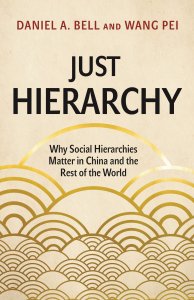
We have to understand that the Chinese system is legitimized at the end of the day by this ideal of political meritocracy. This has been informing the longest and most systematic anti-corruption drive in China’s post-1949 history. And it has been relatively successful in changing the situation on the ground. Before 2012, it was quite common to pay bribes to get into schools or hospitals, and for public officials to get bribes when they are engaged in their work. All that has really come to an end, and in that sense it’s successful. That’s one reason why the current government is quite popular among ordinary people, because they feel that there’s less corruption than there used to be. But on the other hand, to reach that goal they used fear, punishment and harsh laws, which has led to problems such as public officials becoming overly conservative and less experimental than they used to be, which really was key to China’s success. So arguably, there is a need to move away from strong Legalist (法家) measures to deal with corruption and to use measures that are softer, such as moral education—which speaks a lot more to the Confucian tradition—as well as measures such as increasing salaries for public officials and reducing the linkage between economic and political power.
In what ways has a hierarchical system benefited China during the time of COVID-19?
There are two key hierarchies that are important here in the case of the fight against COVID-19. The first is the respect for conscientious public officials, who were really able to make a whole country listen and mobilize appropriately. In a way, if you compare that with other countries like the United States, where the political culture is different, there’s this anti-elitist tradition and much less respect for conscientious professionals which makes the fight against COVID-19 problematic.
The second is the idea of a very strong state, one that has the capacity to take harsh measures in the short-term to serve the people. This happened when most of Hubei was put under lockdown. Keep in mind that this is first time in world history where there was such a massive lockdown of a population, and it worked because of the state’s capacity to enforce such strong measures. It also worked because people had faith, to an extent, that the state was acting in their best interests and that the lockdown was not meant as a permanent totalitarian measure to stop people from leaving their homes, but rather as a short-term measure meant to deal with an urgent situation. The moral foundation is Confucian, in that the whole point is to serve the people’s interests and the people’s well-being, and not to serve the people in power. Countries that lack these two traditions, I believe, find it harder to deal with COVID-19.
Has COVID-19 changed in any way the way that the West would view the hierarchical system of China?
To be frank, not much. Of course the original epicenter of COVID-19 was Wuhan, so in some sense China will be blamed for the pandemic. It could turn out at some point that the origin may not be in China but as things stand now, it looks like the origin is from China. But also, the Western media doesn’t really report in any great detail on China’s success in dealing with COVID-19. They report on New Zealand and Taiwan, but China hardly ever features. It’s amazing that China, as this huge and diverse country, can deal with this in an effective way. The US should actually be looking at China more than anywhere else, for lessons, given the challenges of dealing with a pandemic in a huge country.
The elements in Western systems that seem to resonate most with people are not democracy but rule of law, transparency and accountability. Would you agree with that and to what extent would you say that China has rule of law, transparency and accountability?
That’s true when it comes to the way that many Chinese think about what’s good about Western political systems. There’s much more of a consensus that there’s a need for rule of law for example, than there is the need for democracy, especially electoral democracy, to select leaders.
What works about China is that all political leaders have substantial political experience before they assume the top-level place of power. But if you had an electoral democracy, somebody with no political experience like Donald Trump could get through the political system even though he’s not equipped for the role. Leaders in China can then take a long-term view, without worrying about the next election and that matters when it comes to issues like climate change. Therefore there’s a good reason to favor rule of law in China, as opposed to electoral democracy, especially at higher levels of government. Electoral democracy and other forms of democracy work well at lower levels of government, but less at higher levels of government where the issues are complex and policies affect many stakeholders. Regarding transparency and accountability, yes, I’d agree modern countries need those values, and obviously there’s much room for improvement in China. The challenge is how to promote more rule of law, democracy at lower levels of government, transparency and accountability without undermining the advantages of political meritocracy at higher levels of government.
How does the existence of a middle class change the equation of China’s hierarchical form of systemic rule?
There are now hundreds of millions of Chinese citizens who are viewed as middle-class, meaning that they’re no longer poor, they’re more educated, they travel abroad often and obviously they have different aspirations. There’s a strong need to have a much more open society in the future—for things like opportunities to find jobs, travel abroad, the right to marry, the right to divorce and so on. The Chinese middle class will want a more open society and they will also have the need to have some sort of say in politics. There will need to be more mechanisms that allow for more political participation in the future, especially at the local level. The trends arguably are not very positive at the moment, but I’m quite confident that in the next few decades there’ll be a much more open environment.
There are those who say that a common world view is required for the world to achieve true stability. To what extent would you agree, and what kind of world view would you see as being acceptable to both the West and to China?
There are some common global challenges, with COVID-19 being one. Others are the need to control climate change, regulate nuclear weapons and regulate dangerous forms of AI. On all of those issues, we need to have some kind of global consensus on which countries working together can deal with those common challenges, and sometimes countries will compete to do good things, like promoting clean energy. Whatever works best at dealing with those global challenges is fine. But in other areas there needs to be different spheres of influence.
The US can and arguably should be the dominant power in North America as long as the relationships between weaker countries like Canada and Mexico benefit from those relations. But China as the larger and most prevalent country in East Asia needs to have more space. It’s almost inconceivable that in a few decades from now, the US is going to be the dominant naval power in the Asia Pacific region. In our book, we also argue that India will develop into a major power, and the kind of defensible and realistic power arrangement in a few decades would be China and India both working together as great powers in the interest of Asia, with weaker countries benefiting as well. Those should be the long-term aims, but the problem is that the US seems very reluctant to give up the view that it needs to be the most dominant power in the world, including in East Asia.
What do you anticipate in terms of China’s future role in the international community?
China will have a greater role because of its growing economic and military power. The way to make it beneficial for everyone, as mentioned, is to ensure that the way that it projects its power also benefits weaker countries. On things like the Belt and Road Initiative, the investment put into the initiative are beneficial to both China and weaker countries as well.
I’m a political theorist, so I focus more on how things ought to be and then try to think of how those ideals can be made practicable. How things ought to be is that relationships should be win-win. And on global issues, that’s something that China can do. It’s easy to say things, but they have to be seen as doing things that can be beneficial not just for weaker countries, but for the whole world. China can take the lead on climate change. At the moment, they’re not doing enough, but China should really forcefully take the lead as a positive actor, and legitimately so on the global scene, in order to have a great role internationally. Of course China also needs to set a good model at home. If it doesn’t treat its own citizens in a humane way, it cannot be seen to do so abroad.
How would you see China’s system developing in the future? What changes overall to the system would you envision in the decades ahead?
There’s going to be a need in China for a much more open and participatory society. One that’s more respectful of pluralism. There’s going to be very strong pressure to have a more open society, but also at the same time there’s going to be a need to maintain and improve what works about the political system. It will mainly be some form of political meritocracy to select public officials at middle and higher levels of government.
Economically, I’m not an expert by any means, but what we cannot expect is that China will move towards a complete free market system or at least one that is closer to an American-style free market system. There’s always going to be a state which has an important stake in key industries and there are good reasons for that, for example the need to ensure that Artificial Intelligence serves the people. There’s always going to be a need for a state which regulates industries to try and ensure that that happens. But beyond that, there’s going to be—and there already is—a strong move towards individual enterprise and innovation in other industries that are not so crucial to the overall wellbeing of the country.








